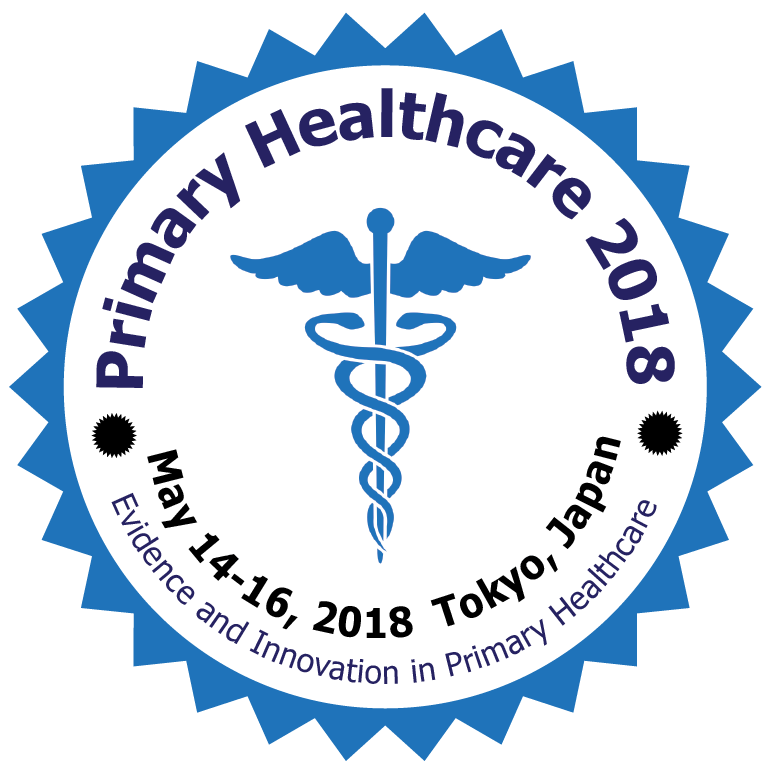Mitsuko Harada
Wayo Women's University, Japan
Title: Problems associated with the out-patient drug therapy for patients with Parkinson’s disease
Biography
Biography: Mitsuko Harada
Abstract
Parkinson’s disease (PD) is an intractable neurological disease that affects approximately 140,000 people in Japan and the disease rate increases with age. In terms of nursing, although home-based care for patients with severe PD (Hoehn-Yahr (HY) scale 3 or above) is subsidized by the government, there are very few reports concerning this subject. Currently in many severe cases of PD (HY scale 3 or above), there is hardly any involvement by specialists. Most PD patients see a physician only as an out-patient basis and there are few opportunities for nurses, public health nurses, pharmacists or physical therapists to play a part in the treatment of such patients. In cases involving elderly patients, the rate of medication adherence rises if a pharmacist is involved in their care at home. It also rises when verbal encouragement is given by a helper during visits. We believe that a specialist can make a positive difference in medication adherence, which results in the effectiveness of drug therapy. PD patients require drug therapy over a long period of time and if they undergo rehabilitation while symptoms are being moderated by the effect of drugs, their quality of life (QOL) can be maintained. The effect of anti-PD drugs fluctuates throughout the day regardless of the severity of the condition, and even patients with milder symptoms face various problems in their daily lives. We therefore attempted to identify what made taking drugs difficult for PD patients to clarify effective means of providing nursing support in relation to medication. In this study, we conducted semi-structured interviews with ten PD patients aged 60 years or older who had an HY score of 3 and went to regular check-ups. The results were analyzed by a content analysis. Answers were collated according to the similarity of content, labeled with a definition and classified into categories and core categories. As a result, we were able to identify four core categories: Management of symptoms using drugs; overcoming of negative factors associated with medication; a sense of being able to control symptoms and good communication with physicians. In this report, we will focus on one of these core categories: Overcoming of negative factors associated with medication. Answers that were classified under this category were a lack of knowledge regarding the efficacy and side effects of drugs and trouble/anxiety/discomfort/or a sense of being restricted by medication. We can help achieve better control of symptoms by providing support that alleviates these two issues. It is important for nurses to provide support for PD patients to deal with negative factors associated with medication in the outpatient setting and at home.

